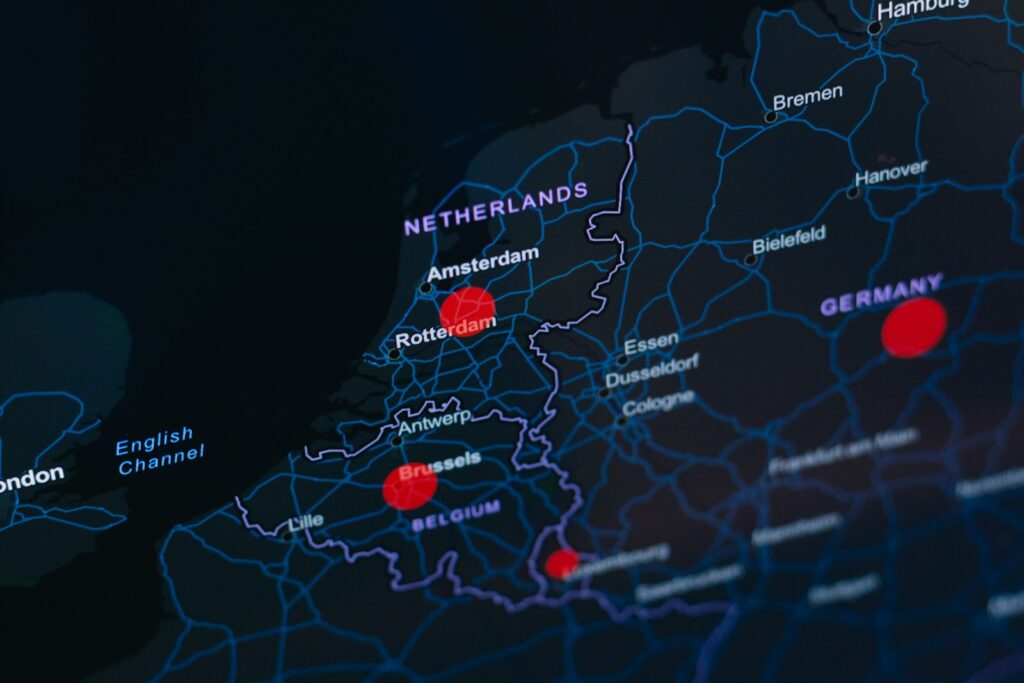Key Takeaways:
- The Netherlands is reintroducing border controls with Germany and Belgium due to rising concerns about irregular migration, people smuggling, and crime.
- Dutch businesses express deep concerns about increased transportation costs due to border checks, urging the government to minimize economic disruptions.
- The Mayor of Winterswijk, a border town, highlighted the importance of free movement for local residents, who may face daily queues under the new controls.
- This measure, aligned with the European Commission, is temporary and set for six months, highlighting the Dutch government’s urgent response to migration pressures.
- Despite Germany’s similar approach, neighboring Belgium has not adopted such controls, raising questions about the necessity and efficiency of this decision.
The Dutch government’s decision to reintroduce border controls with Germany and Belgium starting December 9 has sparked serious concerns among local employers and residents of border areas. Business associations VNO-NCW and MKB-Nederland voiced fears that such restrictions, introduced without sufficient economic foresight, could result in significant financial losses. Germany’s existing border checks have already led to increased costs, and Dutch employers anticipate further financial strain from additional transport expenses.
Joris Bengevoord, Mayor of the border town of Winterswijk, openly criticized the new policy, emphasizing how vital free movement is to border communities. “We’ve fought for open borders for decades. Returning to border controls is not just a step backward; it strikes at our integration with our neighbors,” he stated, adding that these measures will create daily queues, complicating the commute for locals who often work or study in Germany.
Dutch authorities cite heightened migratory pressures, including irregular migration, crime spikes, and smuggling, as justification for the move. Notably, the Netherlands has rarely implemented such controls, even during the COVID-19 pandemic, with the last instance occurring temporarily in 2014 due to the Nuclear Security Summit.
This measure is set for a six-month period until June 2025 and has been coordinated with the European Commission, underscoring its perceived importance to the Dutch government. However, neighboring Belgium has opted against similar restrictions, calling into question the measure’s necessity and its potential impact.
For businesses and residents in the border areas, this policy feels like a steep price to pay for security: economic strain, lost time, and restrictions on freedom of movement are all creating significant tension. While the government sees the move as justified, its real cost may far exceed expectations.










